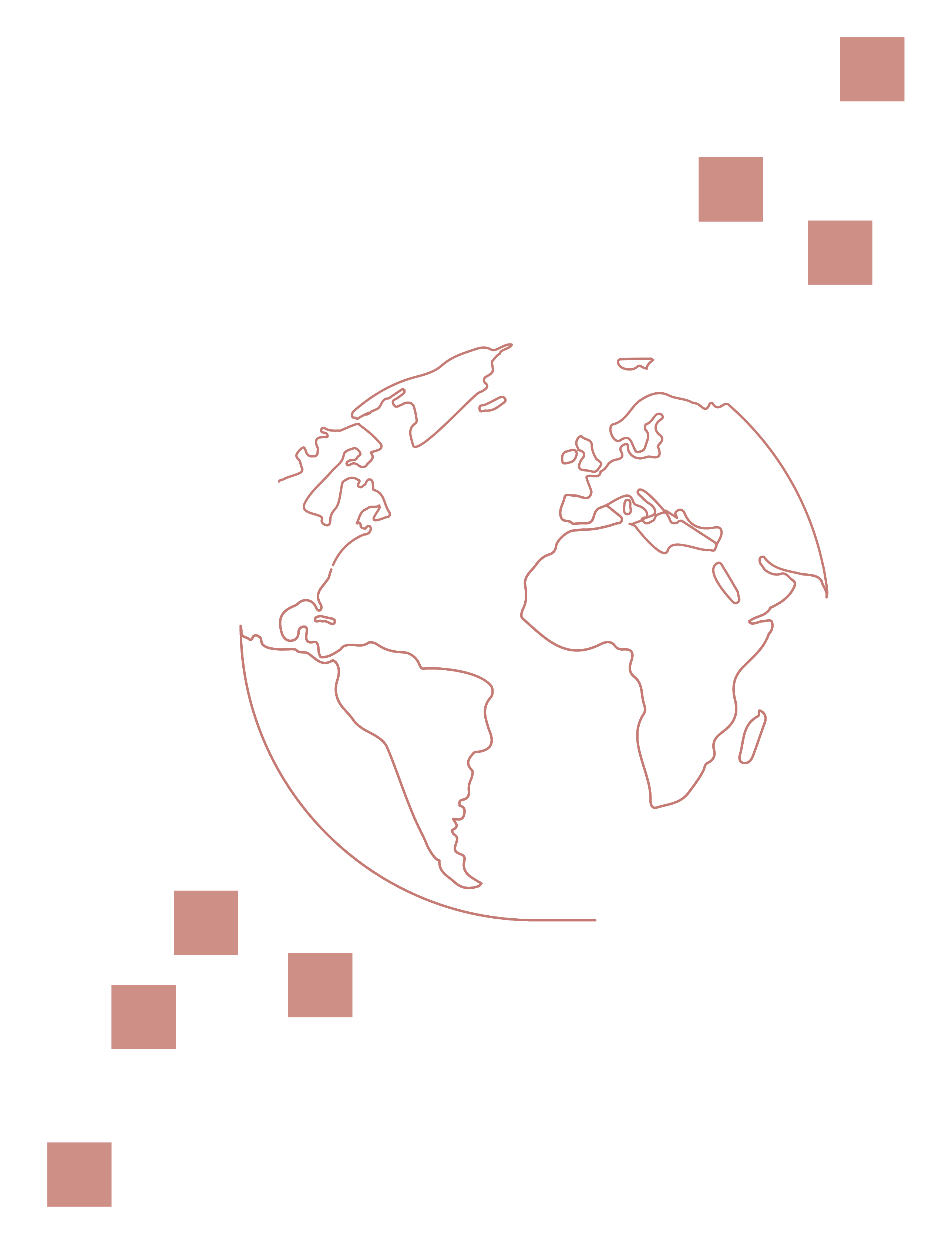Creating a Legacy of Greater Global Insights
As politics and public policy become more polarized and complex, the generosity of Helen Crossley (MA ’47) means more than ever to the University of Denver, and to the world beyond.
Crossley established the Center for Public Opinion Research in 2012 with a $1 million gift. Before she died in 2016, she saw the Center field a series of influential polls and hit its stride as a teaching institute.
This year, thanks to Crossley’s estate gift, the Crossley Center awarded its first scholarships, which are dedicated to supporting students who will carry on the Crossley family’s legacy of studying public opinion. Along with George Gallup and Elmo Roper, Helen’s father, Archibald, was one of the founders of the field. He died in 1985.
The Crossley Center scholarships were also supported, in part, through DU’s ASCEND scholarship matching program.
“Understanding public opinion is more important now than at any time since the Vietnam war,” said Floyd Ciruli, the Center’s director. “How we deal with immigration, formulate foreign policy, predict election outcomes, prepare for the impact of millennials—how we view democracy—can all be informed by public opinion data.”
He said it’s critical that graduate students in the Josef Korbel School of International Studies combine their deep exploration of politics and foreign policy with learning to read data and drawing conclusions.
In addition to reviewing polls and other data, Crossley scholars now have a wealth of other source material to inspire their love of the discipline, thanks to Crossley’s niece, Sally Piccini.
“How we deal with immigration, formulate foreign policy, predict election outcomes, prepare for the impact of millennials—how we view democracy—can all be informed by public opinion data.”
Piccini has given the University many cartons full of publications, notes and artifacts related to Crossley’s career, which, Piccini said, “took off after she earned her master’s degree at DU.” Graduate students are currently cataloging the materials for inclusion in the Crossley Center’s special collections.
“Helen really did care about the importance of things that have historical value,” said Piccini, who described her aunt as a professional woman who traveled the world, coordinating surveys in many countries of Europe, Asia and Latin America for the U.S. Information Agency.
“She saved every issue of Public Opinion Quarterly since its inception in 1937, and she kept the original materials from a 1949 Denver community survey, which was groundbreaking in the public opinion world, because it measured the truthfulness of respondents’ answers to questions of fact.”
“It’s not the Rosetta Stone,” Piccini said. “But there’s some really interesting stuff that forms the basis of an archive for the Crossley Center. And it’s a chance for Helen’s father to be recognized anew.”
